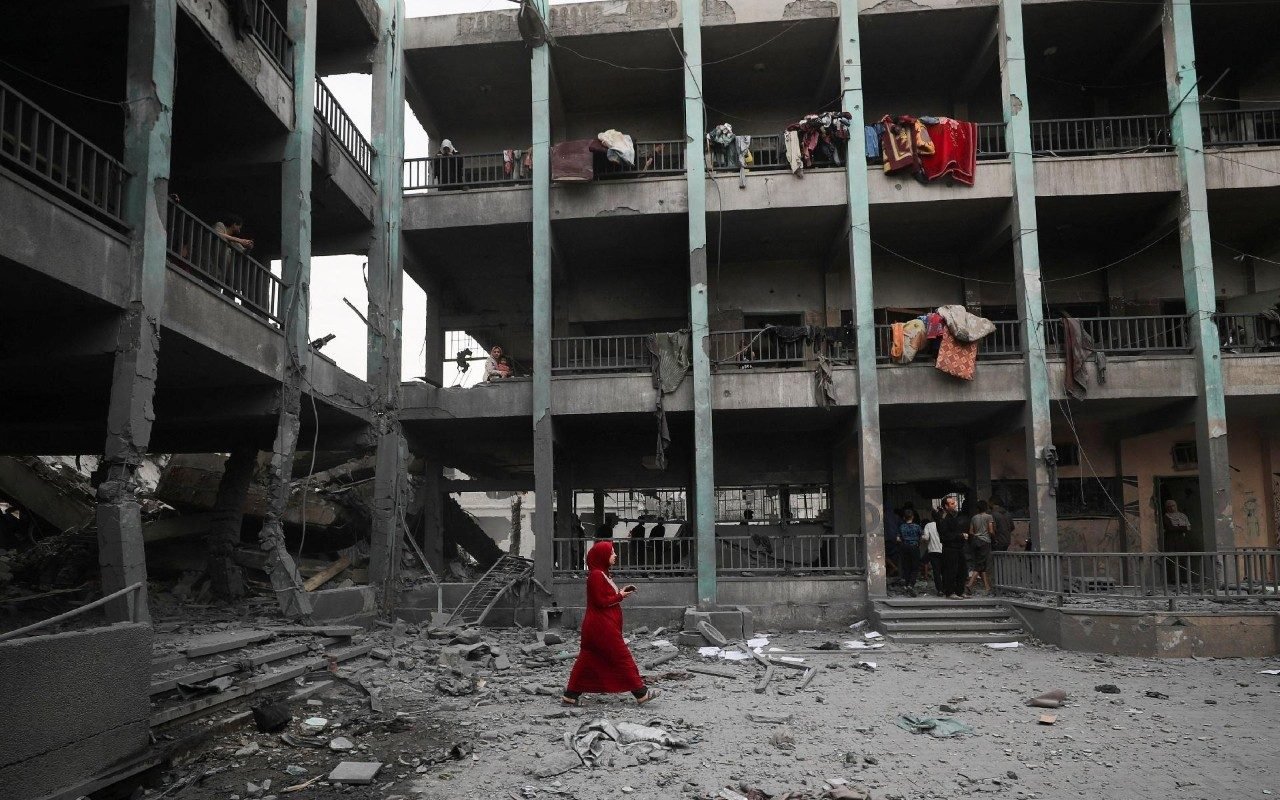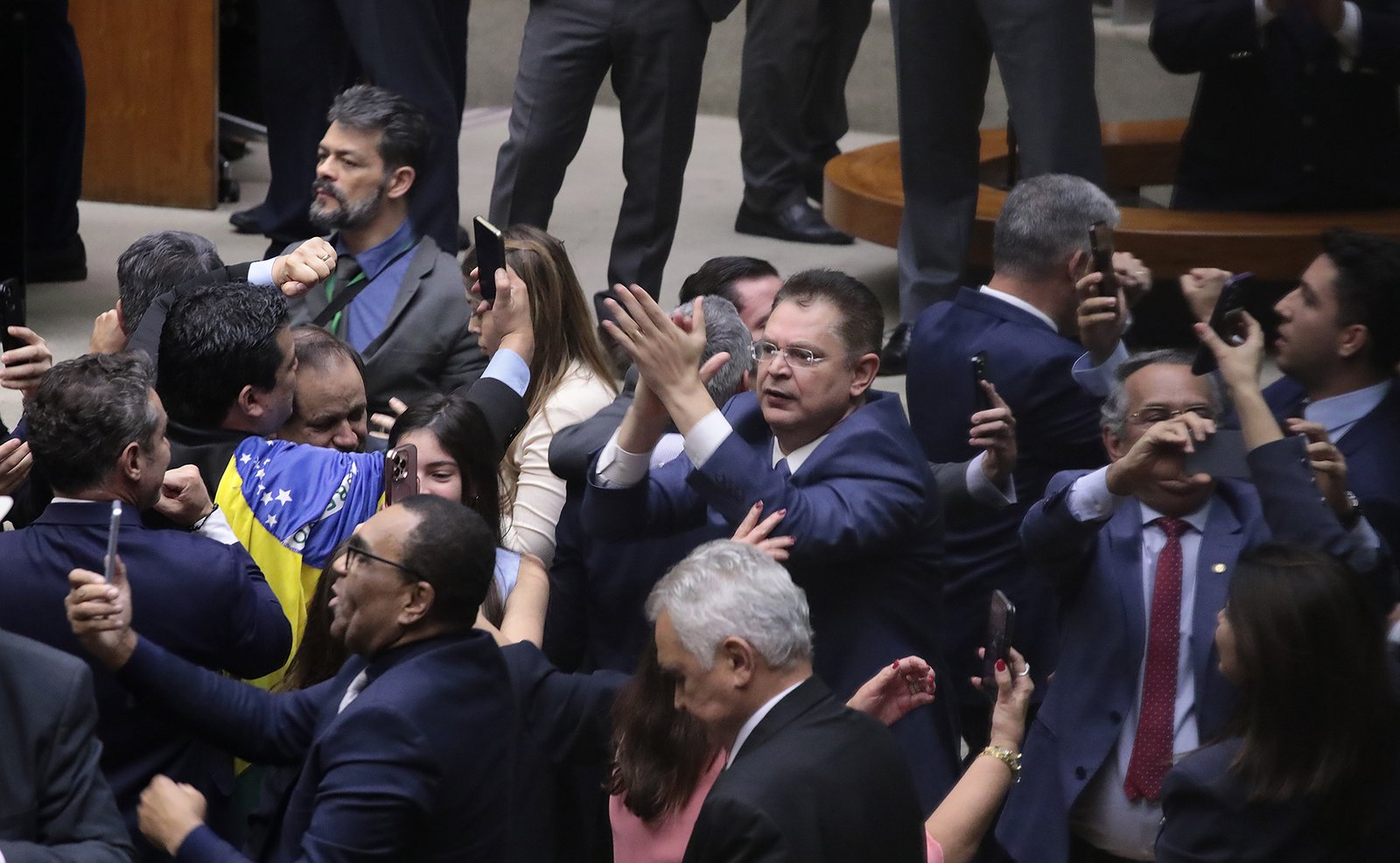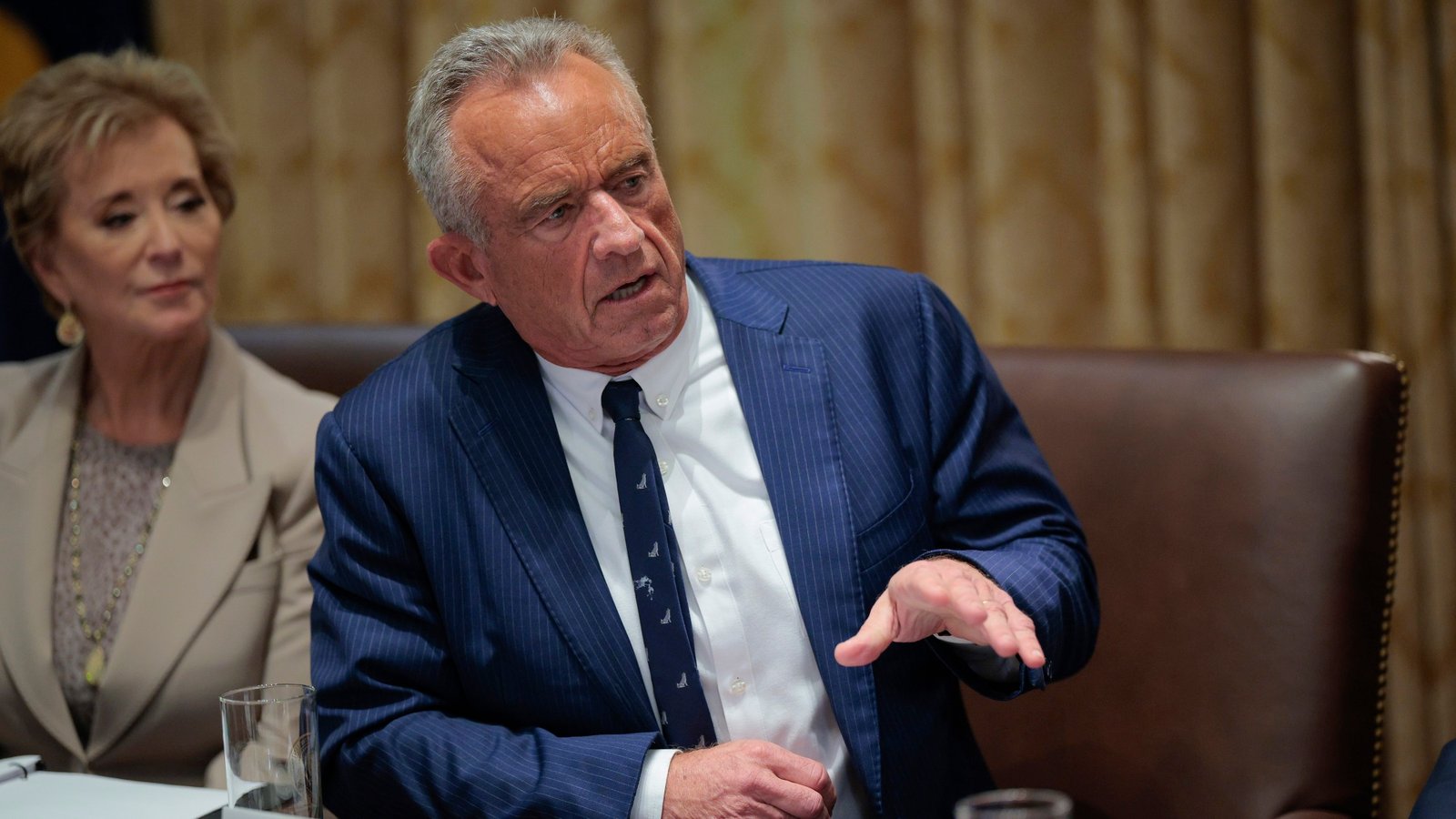Juliette Touma, UNRWA’s Director of Communications highlights the worsening humanitarian crisis in Gaza and urges the international community to do “everything possible” to reach a ceasefire and ensure the delivery of aid.
By Beatrice Guarrera
A heartfelt plea “to save our shared humanity” has been issued by Juliette Touma, Director of Communications at UNRWA, the United Nations agency for Palestinian refugees. Speaking to Vatican News, Touma called on the world to do “everything possible to achieve a ceasefire” in the Gaza Strip, where living conditions have become catastrophic.
“We need the bombings to stop,” she said. “People need some relief. The hostages must be released, and humanitarian and commercial aid must be allowed in.”
More than 580 days into the war, with over 52,000 reported dead and nearly 120,000 injured by Israeli airstrikes – according to Palestinian agency WAFA – Gaza is on the verge of total collapse.
Nowhere is safe
“The situation in Gaza is dire, made worse by the siege that’s been in place for over two months,” Touma explained, adding that their basic supplies – food, hygiene products, medicine – are running out. But their teams are still there and still working.
UNRWA is the largest humanitarian presence in Gaza, with more than 10,000 staff on the ground.
“Despite everything, they continue to do extraordinary work. When we can connect with them, if the internet holds, we can see how much weight they’re losing. They tell us they’re down to sharing a single meal with their whole family.”
Before the war, many of these staff members were educators, helping more than 300,000 children attend school. But after 7 October 2023, schools were forced to close and have since become shelters for the displaced.
“Many of those who were once teachers are now supporting the humanitarian response,” Touma said. “They run shelters, drive vehicles, and distribute food. And the bombing continues. People are desperate for safety, but there is none. Nowhere is safe – not even schools, UN buildings, or hospitals. All of them have been targeted.”
Starvation claiming lives
Meanwhile, Israeli Prime Minister Benjamin Netanyahu has announced plans to invade and occupy Gaza, which would involve the forced relocation of more than two million people. Although implementation details remain unclear, the proposal has sent shockwaves through the international community.
“The UN’s position is clear,” said Touma. “We oppose forced displacement. What Gaza needs right now is a ceasefire, like the one we had in January that lasted almost two months. We need the immediate release of all hostages still held in Gaza, and the regular flow of supplies – not just humanitarian, but commercial too.”
Gaza’s economy has been decimated. Many people once lived off farming and livestock, but now impossible, as much of the land has been destroyed. The vast majority of the population now depends entirely on aid, which is quickly running out.
“People are already dying of hunger,” Touma warned. “And we all know what comes after hunger. It can still be stopped. It can still be prevented,” she urged again, calling for humanitarian corridors to be reopened.
UNRWA staff among the victims
Deaths in Gaza continue to rise, including among UNRWA personnel.
“Almost 300 of our UN colleagues have been killed,” Touma said, visibly emotional. “Many died with their entire families. They were teachers, doctors, nurses, engineers – they worked in logistics and IT. These are not just numbers. They were our friends, our colleagues, part of our team. UNRWA will never be the same without them.”
Some staff members have also been arrested, accused in some cases of alleged ties to Hamas.
“During the war, Israeli forces have detained over 50 UNRWA employees,” Touma said. “Thankfully, most have since been released. But many have shared harrowing accounts of their treatment – denied food, deprived of sleep, threatened with death, both for themselves and their families. Some were subjected to waterboarding. Others were forced to sign documents in a language they couldn’t understand.
This should not happen to UN personnel. They should be protected, just like any other public servant anywhere in the world. The laws of war must apply in Gaza too.
We’ve also seen harassment in the West Bank – even at checkpoints – targeting our staff.”
Support across the region
UNRWA continues to provide education to 50,000 children in the West Bank without interruption. But monitoring operations has become increasingly difficult, as staff are no longer being issued visas.
“Israeli officials are also banned from communicating with UNRWA,” Touma explained. “There is no coordination. In occupied East Jerusalem, our services are constantly under threat – including schools for around 800 children.”
UNRWA also supports Palestinian refugees in neighbouring countries – Jordan, Syria, and Lebanon – many of whom live in extreme poverty and vulnerability. “We provide them with basic services – humanitarian aid, education, and healthcare in our clinics.”
Despite the many challenges, the agency remains committed to supporting Palestinian refugees wherever they are, especially in Gaza, where the situation is becoming more desperate by the day.






